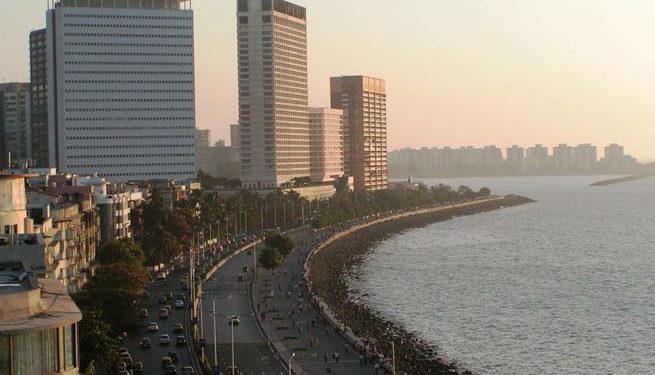Dr Piyush Ranjan Rout
Urbanisation provides the potential for new forms of social inclusion, including greater equality, access to services and new opportunities and engagement and mobilisation that reflect the diversity of cities, countries and the globe. Until 2009, more people lived in rural areas than in urban areas. Today, around 55 per cent of the world’s population lives in towns and cities, with the level of urbanisation projected to reach 70 per cent by 2050. Much of the growth in urban populations will take place in Asia and Africa, especially in China, India and Nigeria where the fertility rates remain high.
Yet, too often this is not the shape of urban development. Inequality and exclusion abound, at rates greater than the national average, at the expense of sustainable development that delivers for all. Sustainable Development Goal 11, which formulates the ambition to make cities and human settlements inclusive, safe, resilient and sustainable. Inequalities in cities have grown since 1980. The world largest cities are also often the most unequal and this year’s theme embraces the action and implementation of the New Urban Agenda, which is putting the topic of inclusive cities as one of the main pillars for urban shift.
This year’s pandemic has had a terrible impact on people in cities, towns, and communities. The impact of Covid-19 has re-shaped urban life around the world. Local communities have played a key role in keeping people safe and maintaining some economic activities. As urban areas are now home to 55 per cent of global population, it accounts for 95 per cent of all confirmed cases and have been at the epicenter of this pandemic. We have seen hospitals overflowing, jobs disappearing, schools closed and movement restricted.
But cities and towns have moved quickly to provide emergency housing solutions and shelter for the homeless, quarantine spaces and water. We must not allow these achievements to be reversed once the pandemic is over. These temporary measures need to lead to long-term policy changes. Otherwise, poverty and inequalities will exacerbate further.
So the 2020 World Cities Day theme ‘Valuing Our Communities and Cities’ offers an important opportunity to reflect on the effects of the Covid-19 crisis, and also how we can help to make the future of human settlements more resilient. Community value encompasses local volunteering and people organising their own neighbourhoods as well as social movements that challenge poverty, systemic discrimination and racism. In informal settlements and slums in particular, communities are making a significant contribution, while individual households in urban areas are providing an environment for work and study in the home.
Even UN-Habitat’s latest World Cities Report reinforces the benefits of cities that engage all stakeholders, including local communities to foster sustainable cities. Community activities can no longer be taken for granted or under-resourced. Policy-makers and urban managers need to engage communities systematically and strategically in urban planning, implementation and monitoring to co-create the cities of the future. The recognition of communities’ value must be maintained beyond the virus outbreak.
In the transition to a new sustainable urban normality, local communities must play an expanded role supporting government stimulus packages for employment creation, delivery of essential services, ensuring a green-economic transformation, the provision of adequate shelter and public space and re-establishment of local value chains. The UN General Assembly has called for encouraging cooperation among countries in meeting opportunities and addressing challenges of urbanisation, and contributing to sustainable urban development around the world.
Despite all odds, we can and we will recover and use our experiences to build back better and sustainable cities, towns, communities to deal with future pandemics because we have knowledge, skills, innovation but we must overcome egos amongst decision-makers of cities, towns, communities, who often put their personal dreams over larger aspirations. It will be necessary to replace a “copycat cities” governance approach to co-create future cities with a “innovative cities” approach that serves the interests of all citizens.
Governments need to reshape policies, strategies and legislations for diverse urban solutions for all and respect, protect and fulfill human rights for all in cities. Achieving Sustainable Development Goal 11 aims to develop resilient, inclusive, safe, diverse cities by 2030. One of the targets is access to adequate, safe and affordable housing and basic services for all by 2030 and upgradation of slums. The pandemic offers new opportunities for all.
The writer, an urban management practitioner, can be reached at @piyushrout






































